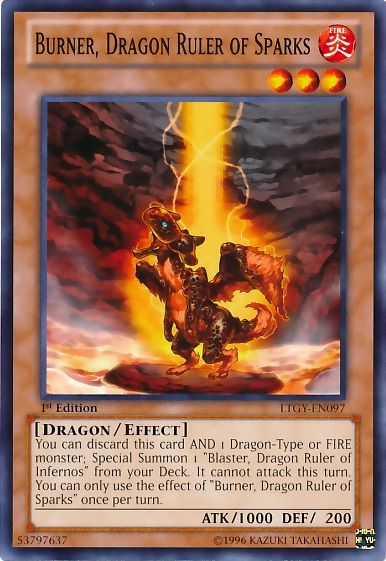

Button Gwinnet, a signer of the Declaration of Independence, died of wounds received in a duel and James Monroe refrained from challenging John Adams only because Adams was President at the time. Neither of them was an exception among the Founding Fathers. Hamilton, too, had issued challenges and seconded other men-one way or another, he had been involved in more than ten “affairs of honor”-while Burr had been party to three duels, including one where he actually took the field. Freeman makes plain in “Affairs of Honor” (2001), Hamilton and Burr belonged to a class for whom no public offense could go unchallenged even if one felt no personal outrage.


He was thinking not only of Hamilton but of all men in public life whose reputations were at the mercy of political rivals and incendiary journalism. “If we were truly brave, we should not accept a challenge but we are all cowards,” a friend of Hamilton’s said after his death. The next morning, Hamilton had himself rowed across the Hudson. If Hamilton ignored the challenge, Burr would “post” him-that is, publish his refusal in the newspapers-and his political career would effectively be ruined. He began by listing five moral, religious, and practical objections to duelling, but ruefully concluded, seven paragraphs later, that “what men of the world denominate honor” made it impossible for him to “decline the call.” Burr had placed him in an untenable position. On the night of June 10, 1804, Alexander Hamilton seated himself at his desk in his home in upper Manhattan to finish a letter explaining why the following morning would find him in Weehawken, New Jersey, pointing a flintlock pistol at Vice-President Aaron Burr. Duelling codes, though intended to curb violence, may only have ritualized it.


 0 kommentar(er)
0 kommentar(er)
